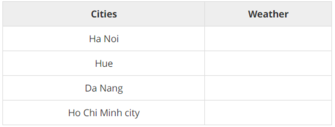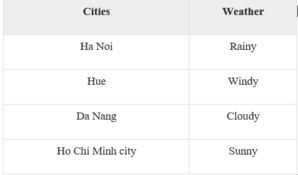In today's competitive world, what responsible parents would not want to give their children the best possible start in life? For this reason, many parents want their children, often as young as ten months old, to become familiar with computers. They seem to think that if their children grow up with computers, they will be better equipped to face the challenges of the future.
No one has proved that computers make children more creative or more intelligent. The truth may even be the opposite. Educational psychologists claim that too much exposure to computers, especially for the very young, may negatively affect normal brain development. Children gain valuable experience of the world from their interaction with physical objects. Ten- month-old babies may benefit more from bumping their heads or putting various objects in their mouths than they will from staring at eye-catching cartoons. A four-year-old child can improve hand-eye coordination and understand cause and effect better by experimenting with a crayon than by moving a cursor around a computer screen. So, as educational psychologists suggest, instead of government funding going to more and more computer classes, it might be better to devote resources to music and art programs.
It is ludicrous to think that children will fall behind if they are not exposed to computers from an early age. Time is too precious to spend with a "mouse". Now is the time when they should be out there learning to ride a bike. There will be time later on for them to start banging away at keyboards.
Câu 41: Why do parents want their children to learn how to use a computer from an early age?
A. Because they want their children to be well prepared for their future.
B. Because they are afraid their children will become competitive.
C. Because they believe their children will have difficulty learning to use one if they don't start early.
D. Because this is what all the other parents seem to do.
Câu 42: Children who spend a lot of time on their computers _________________
A. tend to like music and art more than those who don't.
B. tend to have more accidents than those who don't.
C. do not necessarily make more progress than those who don't.
D. will suffer from brain damage.
Câu 43: The author implies that children learn better _________________
A. when they hold and feel things around them.
B. after they have developed hand-eye coordination.
C. as they get older.
D. when they use a computer.
Câu 44: What would be an appropriate title for this passage?
A. Computers in schools B. Never too early to start
C. More computers mean brighter future D. Let kids be kids
Câu 45: What is true according to the passage?
A. There is no evidence that children who use computers are more clever than those who do not.
B. It is better for children to take computer lessons than art lessons.
C. Computers seriously harm children's eyesight.
D. Parents should not put off buying a computer for their children.
Câu 46: What does the word "ludicrous" in the third paragraph (first sentence) mean?
A. suitable B. sensible C. humorous D. ridiculous
Câu 47: What does the word “they” in paragraph 3 refer to?
A. time B. children C. computers D. mouses



41. A
42. D
43. A
44. D
45. A
46. D
47. B